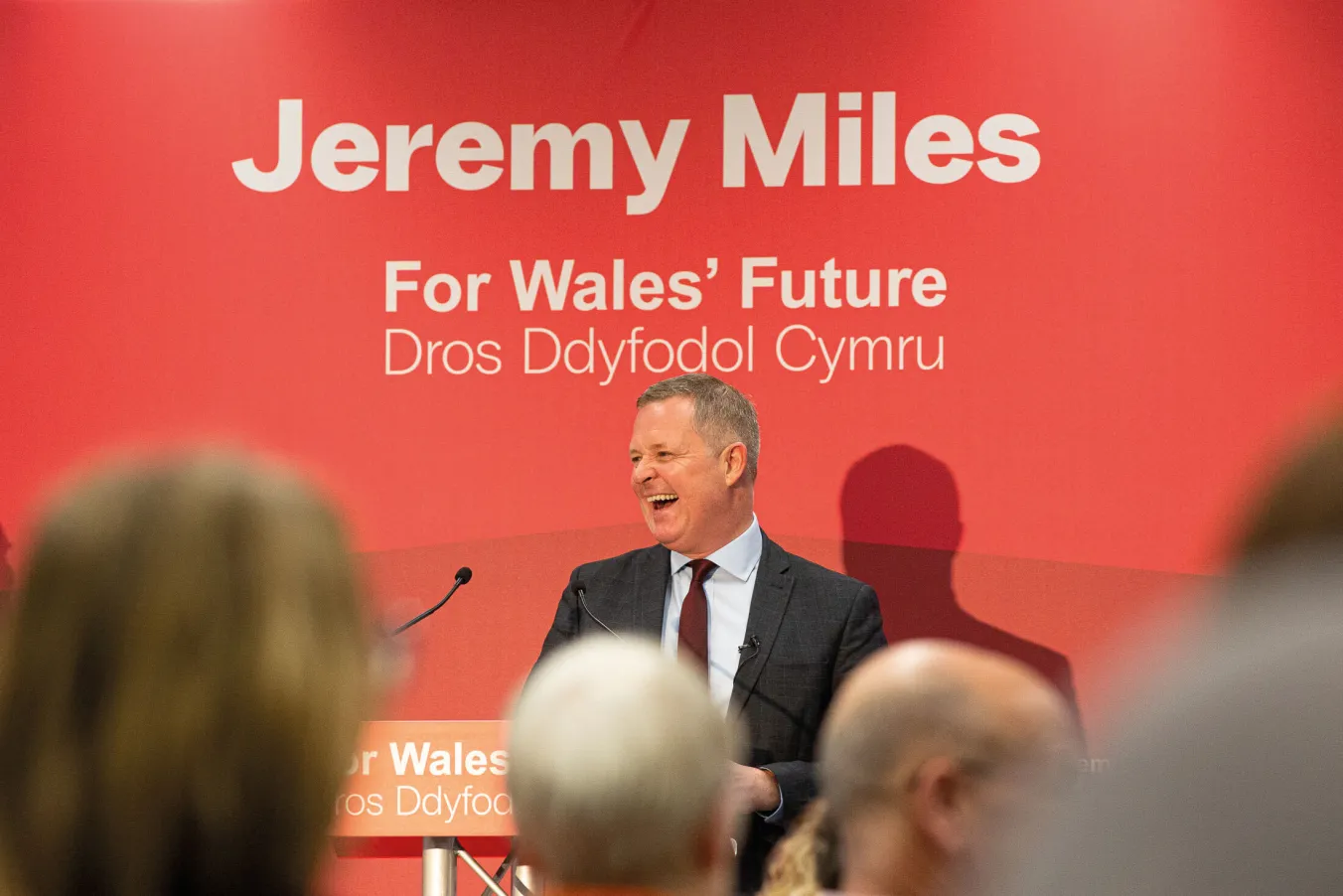
THIS week the Welsh trade union movement gathers at Llandudno on the 50th anniversary of the Wales TUC and 25th year of devolution. It’s an appropriate time to consider context, past history and future prospects, as well as to reflect on some fundamental values.
Unison’s motion entitled “A public campaign to remove all profit from social care” kicks us off in the right direction explaining the private sector is the barrier to improved care and billions of pounds of public money are removed from Welsh care by private equity groups and property speculation on care homes. Democratic public ownership is an essential for the care sector and is not a bad place to start looking for a fundamental value for our movement and our nation.
Unite’s motion on industrial strategy, arguing that we need to plan for our economic future and that the government here in Wales needs to be held accountable for our development, seems a strong foundation.
Some strong contemporary socialist values come through; the motion recognises public investment as the means to implement change in a democratic society, and that our industrial future must be developed hand in hand with our plans to avoid environmental armageddon.
We also see a renewed commitment to some familiar principles that rang around the conference hall that foundation year. Today’s industrial strategy “must focus on investment which grows and improves the economy and is tied to job creation” — because if it is not a strategy for the workers then who is it for?
This appears to be a seam worthy of mining further. The alternative economic strategy that was debated in the Wales TUC’s early years contained some further values that we would do well to resurrect and apply to our contemporary circumstances.















